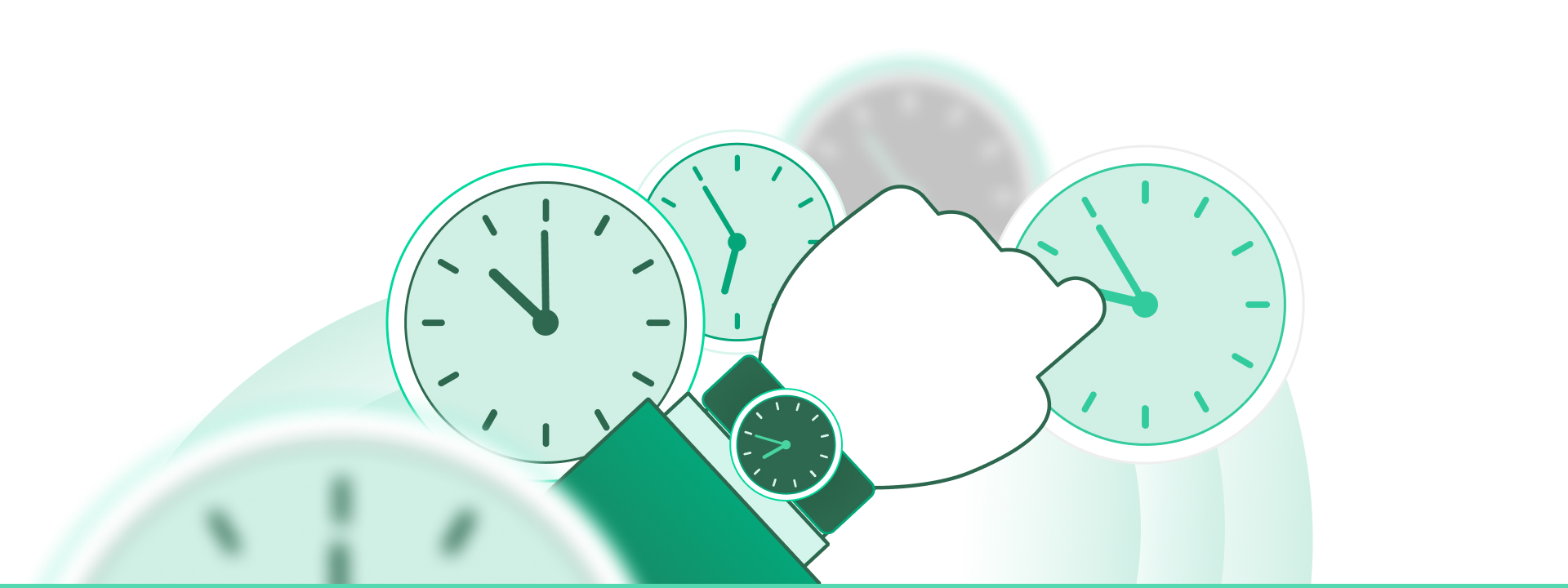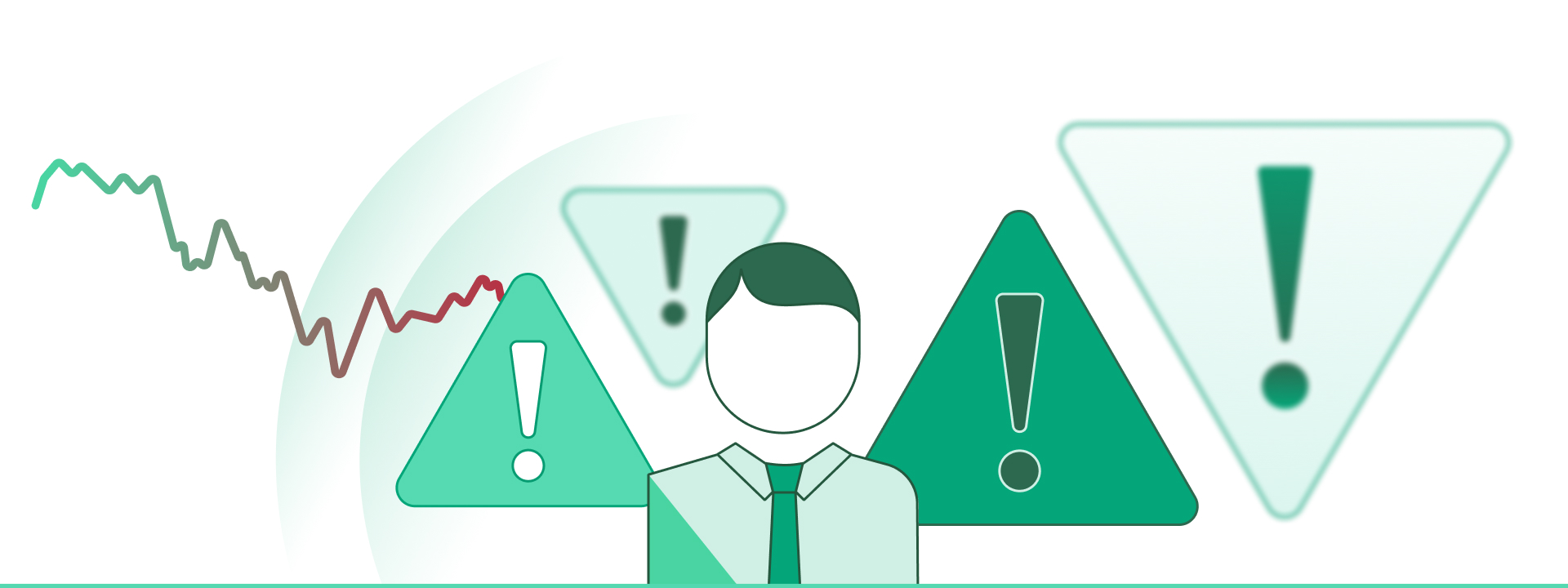How to build a strategy?
As we mentioned previously, trading strategies aren’t ‘one size fits all’. The one you follow should be tailored specifically to you and the way you trade. As such, there’s no blueprint for creating the perfect strategy. However, there are a few things you should keep in mind when building yours.
Why do you trade?
What is your motivation behind trading? Do you see it simply as an investment? Are you trying to learn how the markets work? Or is it something else? The reason you trade is a big part of who you are as a trader. This will form the foundation of any strategy you build, helping define both your goals and how to achieve them.
How much time do you have?

Not everyone can be a full-time trader. Before you get started, you need to be realistic about how much time you can allocate to trading. Whether that’s a couple of hours after work or thirty minutes during your lunch break. The time you have available will greatly influence how you build your strategy, so it’s best to address this ahead of time.
What do you want to achieve?
Remember when we said your reason for trading would help define your goals? Well, here we are. Clearly defined goals are a must, as your strategy will be built around them. And when we say goals, we don’t mean “I want to be the next Warren Buffet” or “I want to buy a private island”. Your goals need to be realistic and attainable.
How open are you to risk?

Online trading always comes with a degree of risk. How much risk you take on, however, is entirely up to you. Risk appetite is usually defined by a trader’s goals. For example, if you’re looking to make a 100% return within 12 months, you’ll likely be willing to take more risks. If just the thought of taking such a risk makes you squeamish, you may want to set a more modest goal of, say, 10%. Remember, the higher the risk you take on, the more money you stand to lose if things don’t go your way.
How much money can you invest?
Now we come to the all-important question. Remember, no two traders are the same. How much you have available to trade with should be based solely on your financial situation. Never trade with money you can’t afford to lose. And don’t use funds reserved for necessary expenses like rent, food or bills. If you feel you don’t have enough to start, trade in a practice account until you can save up. This will also give you time to further develop your trading strategies.
